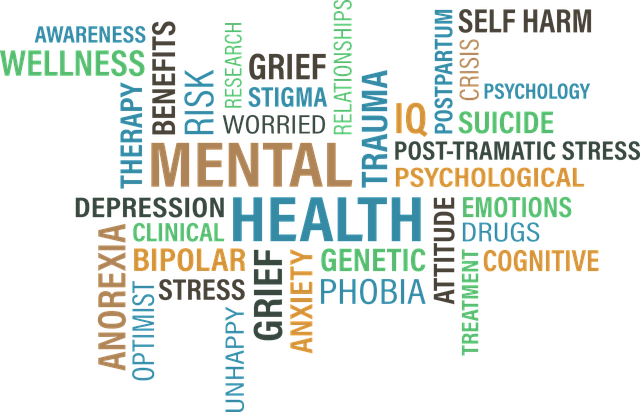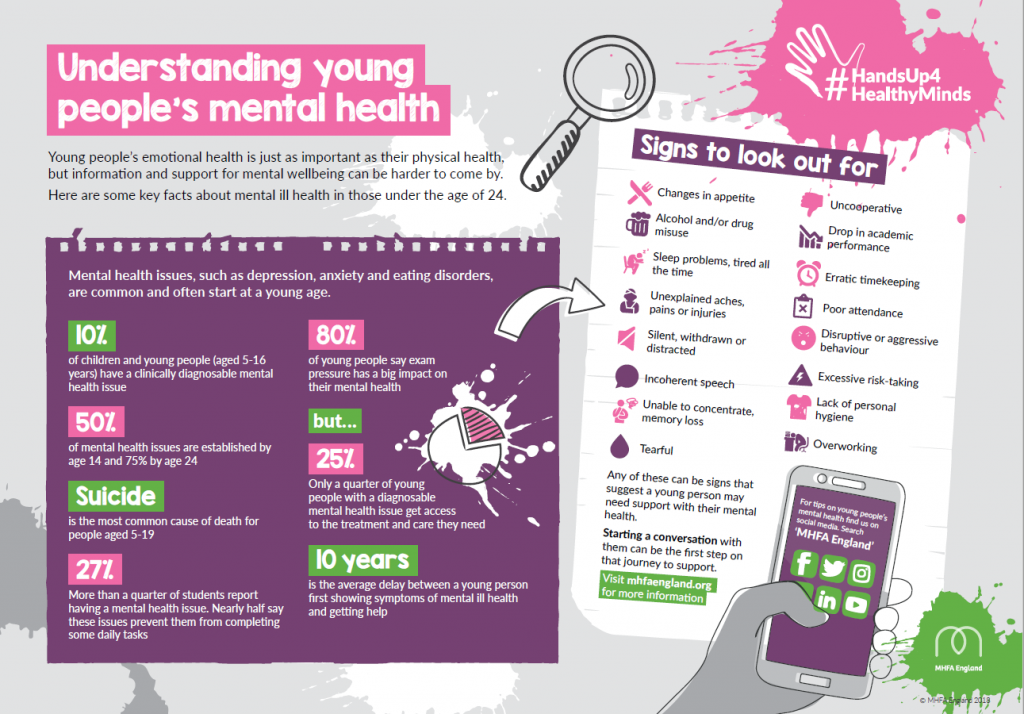There are so many things I worry about on a daily basis that it’s starting to affect things I do, places I go and I just can’t seem to stop and not worry!”
Does this sound familiar in any way? From time to time we may all feel worried or concerned about a stressful situation and this is a perfectly normal reaction to have. Periodic worries will come and go and when we are feeling sufficiently resourced, we can tackle any worries as they arise. At these times we are working within our own window of tolerance and we can react appropriately to triggers and we can process and reflect without feeling overwhelmed. We are able to deal with worries and resolve them.
If however, your worries and anxieties are starting to feel uncontrollable, you may be left feeling vulnerable and powerless. At these times we may be outside of our window of tolerance and worrying triggers can send us to a place of overwhelm. We imagine it is difficult or even impossible to overcome what we are feeling and we are unable to make decisions calmly or appropriately.
Feeling anxious, panicky or tense can lead to unpleasant symptoms such as muscle tension, irritability, sleep disturbances, restlessness and difficulty concentrating. Your home and work life may be impacted and your mood may also be affected. You might also find it difficult to control the worry.
Know this though – You are not alone. Anxiety is probably one of the most common reasons people seek therapy.
Here are a few top tips for easing your worries.
Find Some You Time
Factoring in some “time out” on a daily basis will be very important for coping on an ongoing basis. If you put aside some time each day to explore what is going on for you and to list your worries, you might start to notice patterns. You may begin to see the sorts of things things that may worry you and how you feel about each. Understanding more about our worries, how they occur, when they are triggered and how we react to them is all useful ammunition for us to start to take back control.
Do Something Relaxing
It’s pretty difficult to be anxious when we are doing something relaxing. While it may take time for us to learn a new art of relaxation if we are not used to it, being able to focus on relaxation each day will rejuvenate us and give us strength to deal with every day worries in a healthier way. You may find yoga or meditation useful or it may be a mindful activity such as painting or drawing. Deep breathing on a regular basis as well as muscle relaxation techniques are also restorative. Whatever you find works for you, put regular time aside to relax.
Talk To Someone
Having the chance to talk to someone and to say your worries out loud can be very therapeutic. Worries can reduce in intensity when they are shared with someone and talking can help. A therapist trained in supporting people with anxiety issues will help you explore the causes and triggers behind your worries. Together we can look at current worries as well as historic issues which together may be working to fuel certain reactive behaviours. We can work on putting together a plan that will take into account your current needs to manage daily worries. We can also work on broader patterns of thinking, feeling and behaving towards worries that no longer work for you.
Get in touch
If you are thinking about psychotherapy for anxiety, please get in touch. There is a no-obligation chance to meet and to talk. Meeting someone for the first time may also be an anxiety provoking situation and will be an important issue factored in our meeting. This is to ensure our meeting is both reassuring and empowering for you. You can also ask any questions you may have about me, therapy or how I work. Read more about anxiety here.
I currently have availability at the Bluecoats location in Christ’s Hospital, Horsham and limited availability at the Washington location.




